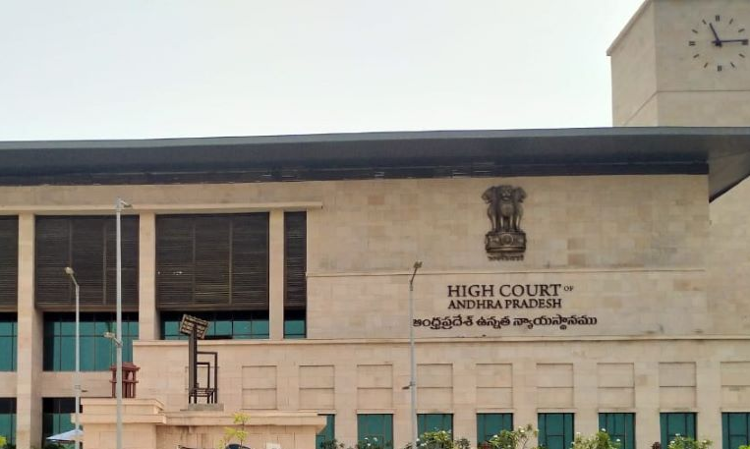The Andhra Pradesh High Court has held that the assessee or petitioner does not have a right to cross-examine the officials of the Tax Department of Bombay on the F-Forms submitted by the dealer.The bench of Justice Ravi Nath Tilhari and Justice Harinath Nunepally has observed that the tax proceedings are of a quasi-judicial nature. The tax authorities are bound to comply with the principles...

